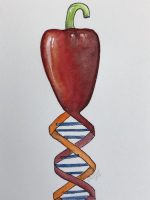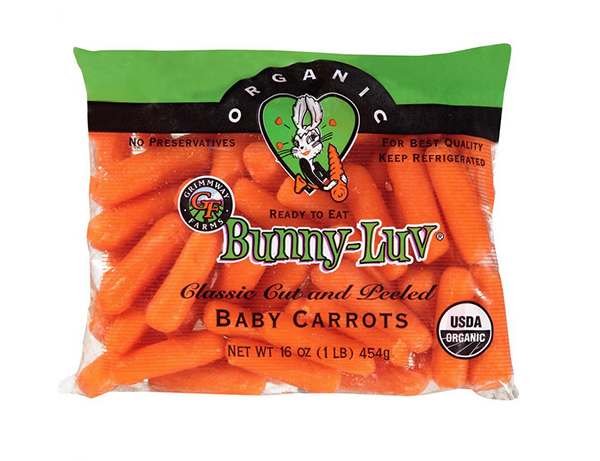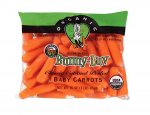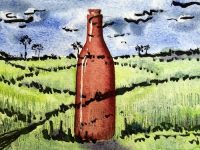Precise, accurate contaminant analysis is crucial to ensure that dietary supplements are of high quality and free from potentially harmful chemicals, such as heavy metals or pesticide residues. As supplements become an increasingly prevalent part of global health culture, with their global market forecast to reach a value of more than $230 billion by 2027, there is an urgent need to ensure their safety for consumers—but manufacturers face many challenges in this area.
Assuring that dietary supplements are free of pesticide contamination is especially difficult given their botanical ingredients, which can be more complex than other analytes. A prominent obstacle is matrix interference. As most botanical ingredients exist in the form of concentrated extracts, smaller sample sizes are needed to overcome heavy matrix interference, in turn requiring highly sensitive instrumentation to detect minute amounts of pesticide residues.
With this in mind, we adopted an analytical workflow comprising both gas and liquid chromatography (GC and LC) systems for orthogonal residue analysis. GC-MS/MS can achieve fast, robust separation of ~300 pesticide residues, while LC-MS/MS enables analysis of ~280 residues. The GC and LC instruments are sufficiently sensitive to allow dilution of samples to mitigate matrix interference— essential to determine potentially low residue levels in complex matrices, and ensure dietary supplements can confidently be certified safe.
Clearing Analytical Hurdles
Matrix complexity is only increased by the fact that botanical ingredients are sourced from across the world and, therefore, exposed to many different agricultural practices. As a wide range and great many of these botanical ingredients are used to produce supplements, it is challenging to develop sample preparation procedures that are suitable for all products.
To prevent frequent iterations of analytical procedures, we developed one sample preparation workflow for GC-MS/MS and another for LC-MS/MS. In both, samples are hydrated and extracted (using acetonitrile:water and the salts anhydrous magnesium sulfate and sodium chloride) before cleanup by solid-phase extraction (SPE). For LC, various defined combinations of dispersive SPE analysis are used to accommodate different matrices (pigmented, high-fat or high-protein, for example) before samples are diluted prior to analysis. Doing so allows us to optimize sample preparation for particular groups of botanical matrices and target specific matrix mitigation without needing to change the entire workflow.
In addition to the aforementioned analytical hurdles, some lesser-defined commodities lack maximum residue limits, complicating the interpretation of results and specification of acceptable criteria. To mitigate these difficulties, we opted to streamline our data processing and reporting by implementing integrated chromatography data system software for both LC-MS/MS and GC-MS/MS. This enables on-the-spot evaluation of QC criteria and rapid assessment of component presence (or absence) in data review and facilitates swifter and easier cGMP compliance.
Keeping Supplements Safe
Our chosen analytical approach has created robust, sensitive processes for optimized multi-residue analysis of dietary supplement samples in a regulated QC environment.
With uptake of supplements fast increasing, guaranteeing product safety is more important than ever. Improved pesticide screening, and quality control of food ingredients, holds great value for both individual organizations and the industry as a whole, while—crucially—enabling consumers to rest assured about the safety of the products available to them.

















